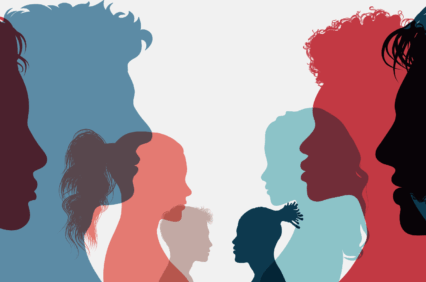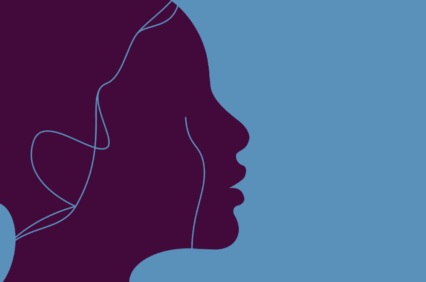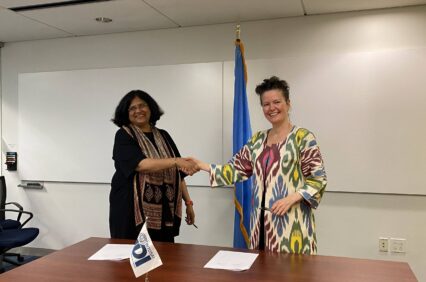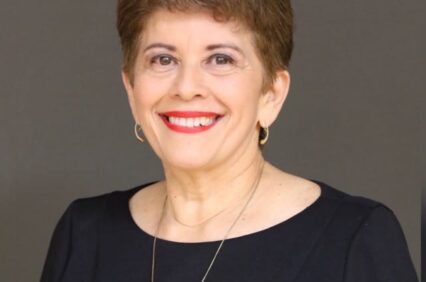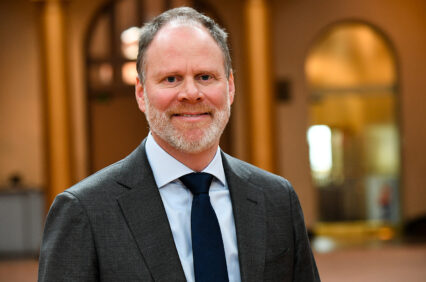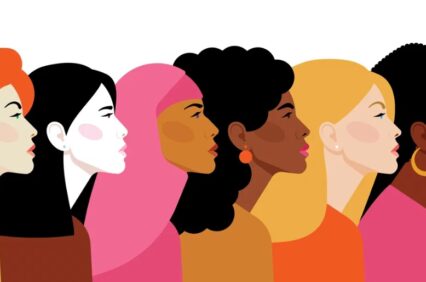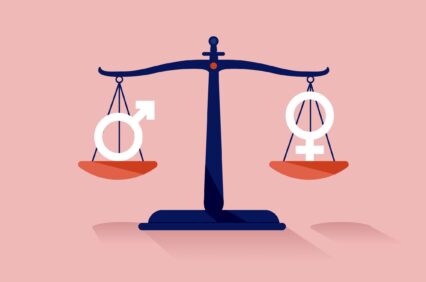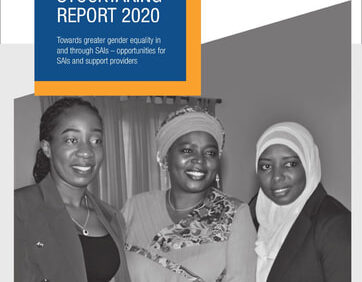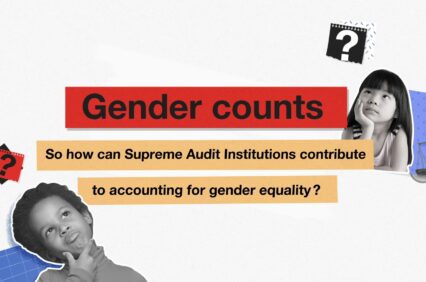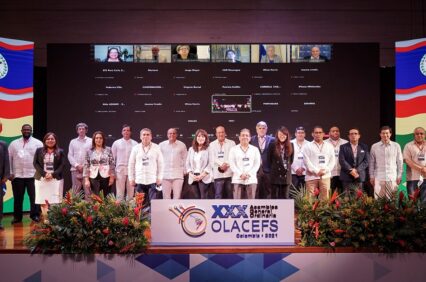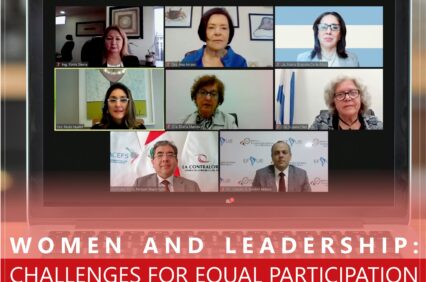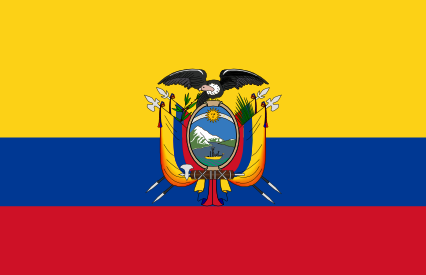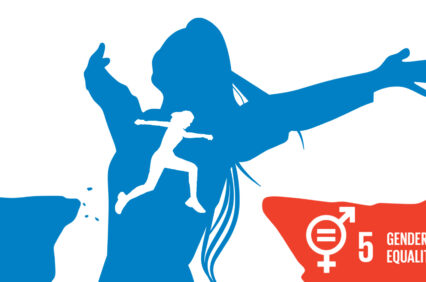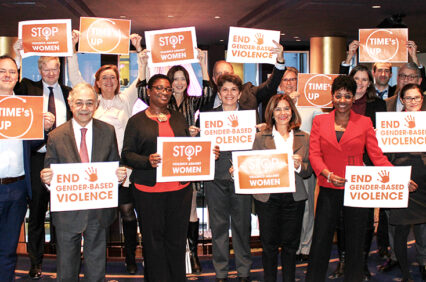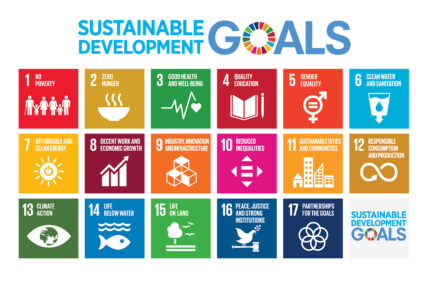Strengthening the Fight Against Gender-Based Violence in PALOP-TL through Coordinated Auditing
The Organization of Supreme Audit Institutions of Portuguese-speaking Countries (OISC-CPLP), with the support of the European Union-Funded United Nations Development Programme (UNDP) Multicountry Public Financial Management (Pro PALOP-TL), in collaboration with the Good Financial Governance Programme in Mozambique of the Deutsche Gesellschaft für Internationale Zusammenarbeit GmbH, (GIZ), successfully launched the Coordinated Performance Audit on Gender-Based Violence (CAGBV) on December 2, 2024. Hosted by the Tribunal de Contas de Cabo Verde, the international seminar marked a significant milestone in the collective efforts of Portuguese-speaking Countries: Angola, Cape Verde, Guinea-Bissau, Mozambique, São Tomé and Príncipe, and Timor-Leste (PALOP-TL) Supreme Audit Institutions to address the pervasive issue of gender-based violence.


